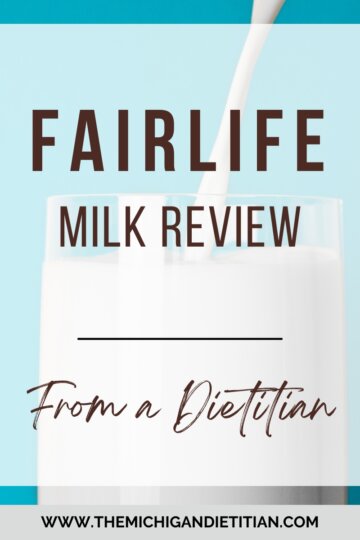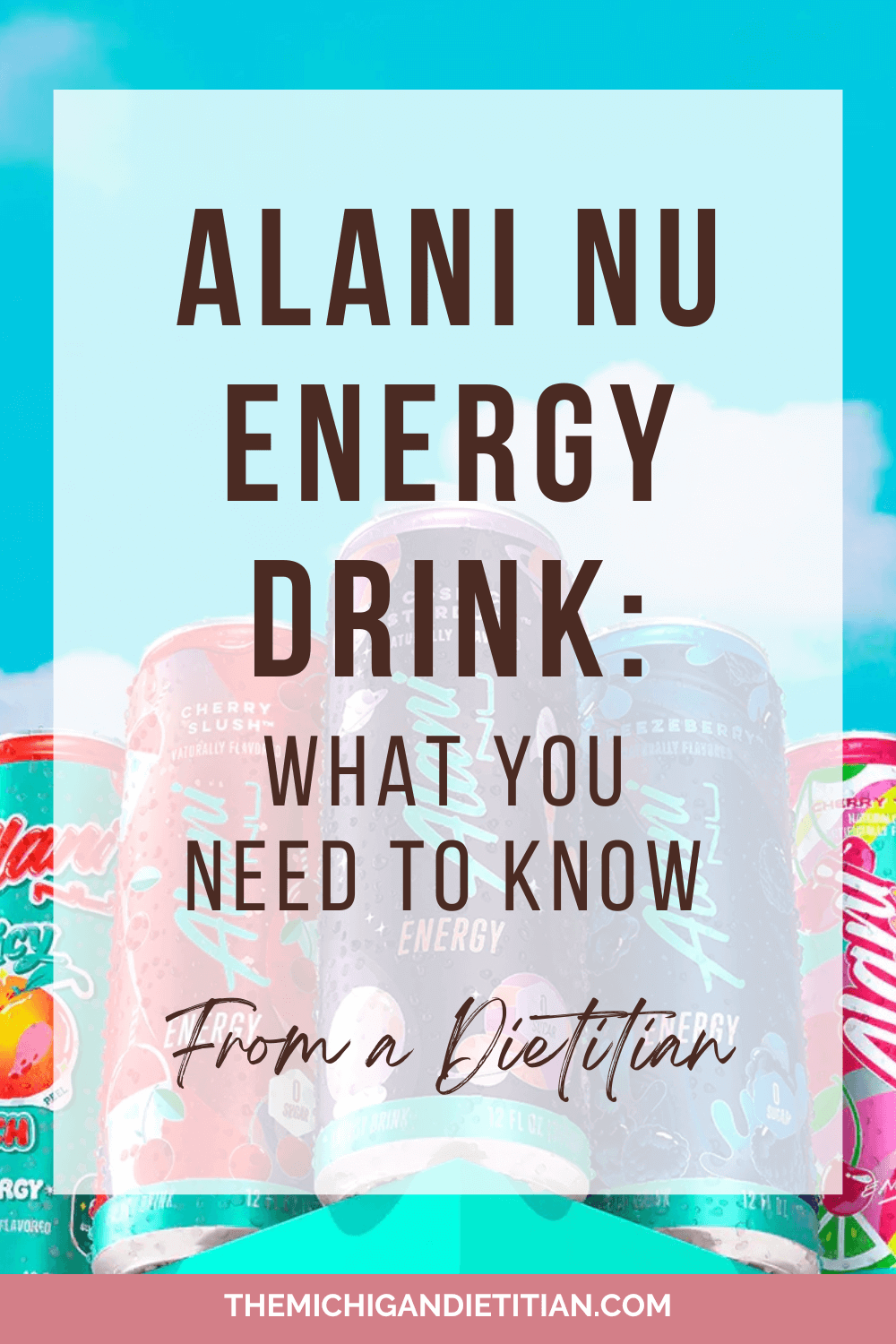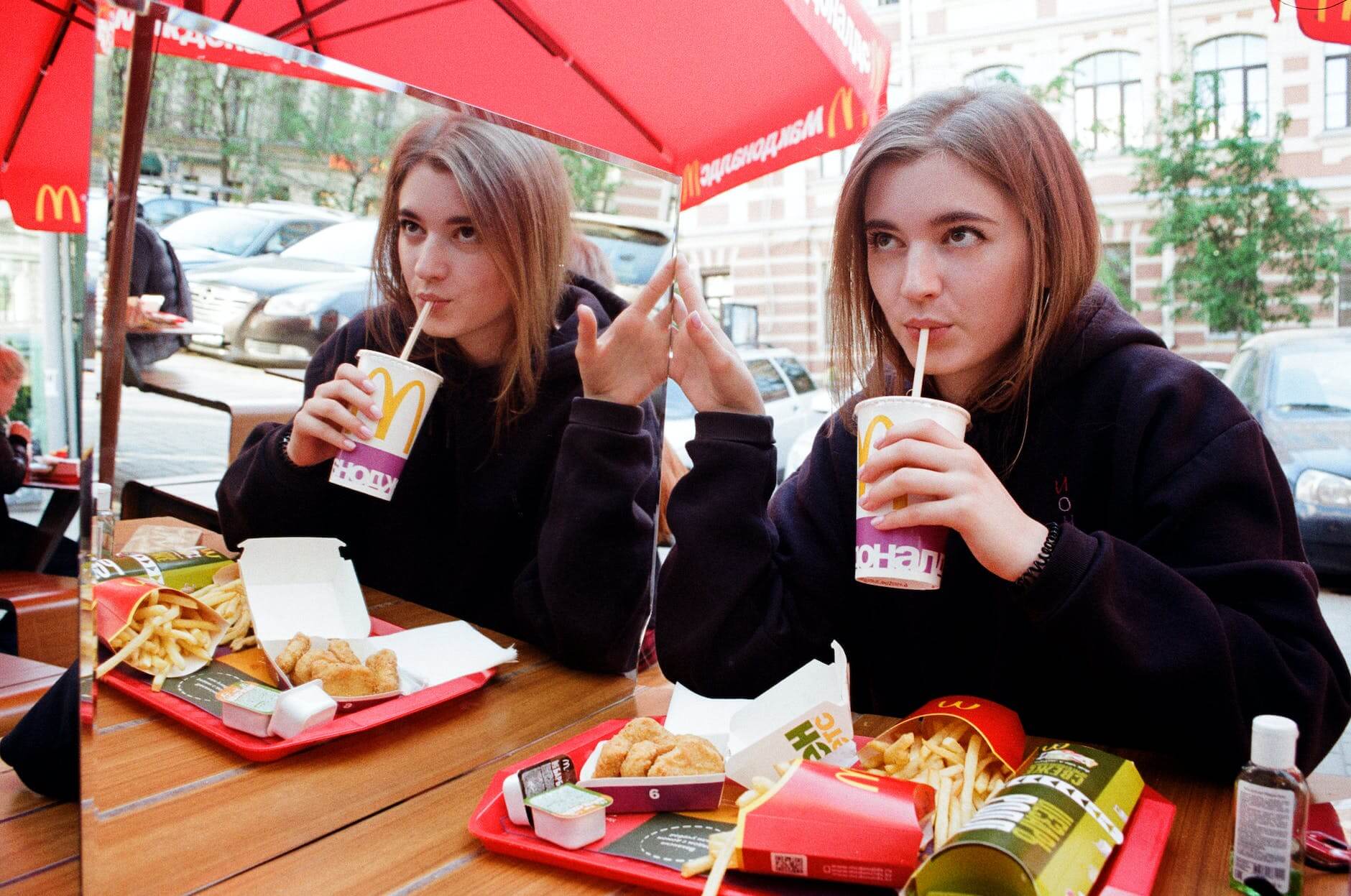Have you heard that calories eaten after 8pm turn straight to fat? How about that eating after 7pm simply isn’t allowed? Or that you shouldn’t be eating anything at all after dinner?

Put The Myths to Rest
It is true that your body has a 24-hour circadian rhythm. This is a part of the reason that you wake up in the morning and fall asleep at night. But, does that affect the way your food is digested?
Yes, if you eat and then fall asleep it will take longer for the food to be digested as when you are asleep internal processes like digestion slow down.
Should you sleep less then?
A study looked at 16 cross-sectional studies and found that those who slept less usually ate more calorically dense snacks rather than the typical 3 meal a day concept. With this brings an increased risk of obesity and chronic diseases.1
This isn’t saying that by being awake for more hours during the day means you are going to be eating more calories. It is saying that if you are sleeping less than you are likely to be eating more calorie heavy foods that also have other non-beneficial components like added sugars. This could be foods like cookies, chips, ice cream.
You have your own autonomy to deicide on what snacks you choose.
Rest in Comfort
One of the main reasons to consider when snacking at night is your sleep quality. For some, it is hard to sleep with a full stomach, resulting in a poor night of sleep. For others it doesn’t play a role. They can eat at 10pm then comfortably be asleep by 10:10pm.
Take this into consideration when you are deciding on your late night snack.
Night Calories
A 2020 study found that when you eat throughout a 24 hour period impacts the metabolism. The researchers found that lipids (think: fats) are less catabolized (broken down) if eaten before sleep then compared to if the same was eaten in the morning.2 Ultimately, this means that regular late night snacks will lead to increased fat accumulation.
This is a very controlled study. You don’t live in a controlled environment. What you do and what you consume changes every day.
Yet, it’s not all about calories and fat. If you are hungry and it happens to be later in the day, eat. You won’t have a noticeable difference. If you are more hungry in the morning, eat. This doesn’t mean you are on an ideal eating schedule.
You may have eaten less calories during the day so you are not even at your regular calorie intake yet. Don’t presume that snacks at night will automatically turn to fat.

What Is It?
Of course what it is you are eating matters, too. Having a pan of brownies versus a serving or carrot sticks is significant. There is more of a need for intervention into the consumption of a pan of brownies every night compared to having some carrot sticks.
Mindless Snacking
I am not here to promote night snacking or no snacking. There are ideas, situations, and information that support both instances. As I have already spoke on eating when you are hungry no matter the time, it can also be reasonable to stop eating at a certain time.
If you truly are not hungry or there is no specific reason to be eating late at night it may be beneficial to use the clock to prevent mindless snacking. That means if you are simply going to eat out of boredom you can look at the clock and see it’s 9pm and you don’t typically eat past this time. This can help prevent additional empty calories in your diet.
If you are wanting something sweet at the end of the day check out these 5 Single-Serving Healthy Desserts! This way you can have just enough to fulfill your cravings without having to make an overabundance of desserts! Or you can watch it on YouTube here!

Sources:
1. Dashti H, Scheer F, Jacques P, Lamon-Fava S, Ordovas J. Short Sleep Duration and Dietary Intake: Epidemiologic Evidence, Mechanisms, and Health Implications. https://www.ncbi.nlm.nih.gov/pmc/articles/PMC4642416/. Published 2015. Accessed February 19, 2021.
2. Kelly K, McGuinness O, Buchowski M. Eating breakfast and avoiding late-evening snacking sustains lipid-oxidation. https://www.ncbi.nlm.nih.gov/pmc/articles/PMC7046182/. Published 2020. Accessed February 19, 2021.





Leave a Reply